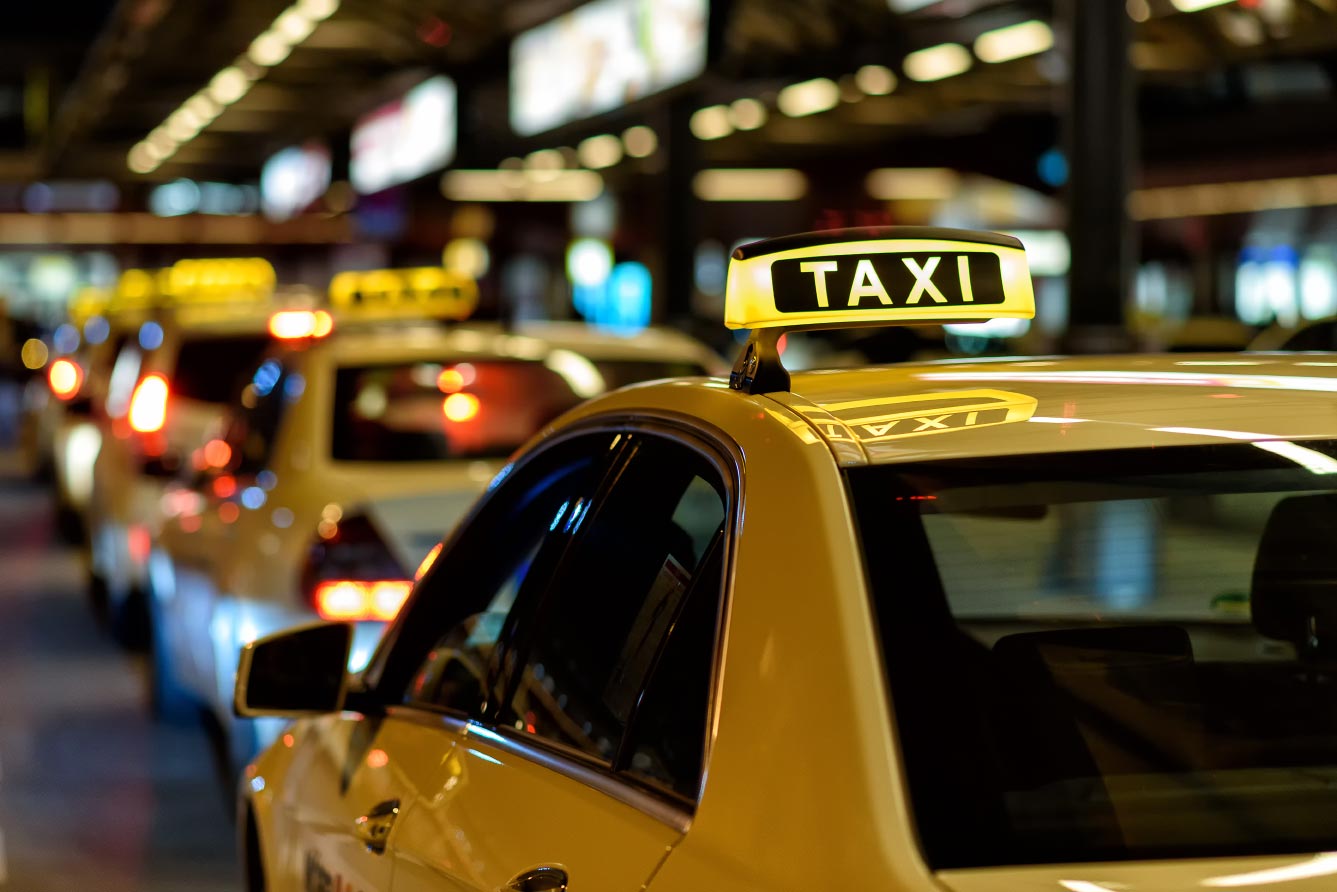In 2012, a British lawyer was working for an EU-based multinational. During the course of his work, he witnessed what has been described as systemic bribery on a “massive scale.” He reported the matter, leading to an investigation across territories, including North America, South America and Europe. As a result, prosecutors imprisoned senior executives and imposed record-breaking fines against the organisation.
But the lawyer was not feted for his role by the company. In fact, he faced a year living in limbo in a foreign country that he was visiting on holiday because the organisation levied criminal claims against him. He then faced extradition to the country in which the business was headquartered to stand trial on an Interpol red notice.
This article explores his story in order to learn lessons that your organisation must understand if it is to comply with the EU Whistleblowing Directive.
Background: The bribery scandal
The whistleblower was working as the head of legal affairs at the sales and marketing department of the company when he uncovered payments worth almost €140 million paid through a shell company to third parties.
It was found that this money had been paid to officials in South America relating to energy contracts, including one individual who admitted to receiving €22 million in bribes from the business.
The money was used to secure contracts for the firm, and authorities in South America fined it more than €300 million in addition to a settlement in the EU of more than €200 million. Two senior figures were imprisoned over the affair and other examples of bribery elsewhere in the company’s dealings.
Retaliation
Following this conclusion, the lawyer should have been able to move forward, knowing that he had done the right thing and exposed misconduct. However, the company not only sued him for defamation, claiming that his report had damaged their reputation. They also made a criminal complaint in their home country, alleging that he had demanded money through extortion in return for dropping his report in the first place.
He fought the defamation claim, with a ruling going against the company and effectively being dropped after an expensive litigation process. It also seemed like the company had withdrawn its criminal case against him. However, eight years after making the report and six years after the company had apparently rescinded it, officials in a separate European country arrested him as he arrived on a family holiday.
Prosecutors had issued an Interpol red notice to demand his extradition, demanding to talk to him about the extortion claims, for which he had not been charged. The authorities in his holiday destination rejected the extradition request after he spent a year stranded without his family and without work.

Investigation
Having returned to the UK, a judge issued a summons for the lawyer to appear before a court in the company’s home jurisdiction and answer questions about the alleged extortion. He agreed to take part, and after an investigation, the judge rejected the company’s case. The local public prosecutor appealed the verdict, but the judge upheld it, clearing the whistleblower’s name once and for all.
Cautionary tales
Given that there was no evidence for claims of extortion by the whistleblower, it could be seen that the company retaliated against its former employee as a result of the report that he made. One of the central tenets of the EU Whistleblowing Directive is that reporting persons must be free to make reports based on information they believe to be true and without fear of reprisals. Being sued and having baseless criminal accusations made against a whistleblower is potentially a severe case of retaliation.
Under the directive, this could lead to both the company and individuals involved in the retaliation receiving punitive sanctions against them. In addition, the reputational damage for a company that is seen to have ruined the career of a whistleblower is another negative for businesses that pursue such actions.
How to handle whistleblowers
Organisations should seek to stamp out misconduct in the workplace, embracing whistleblowers for their role in creating and maintaining a culture of compliance.
Per the EU Whistleblowing Directive, this involves implementing reporting channels that allow your organisation to provide confidential reporting with effective follow-up. IntergrityLog is the whistleblower software that employees can use wherever they are on a range of devices. Their identity remains confidential, and information is handled in accordance with GDPR rules on data protection. Your investigating team receives notifications when they have deadlines to meet, and the process runs smoothly to help you get to the bottom of each report.
Request a free demo of our whistleblower software IntergrityLog or request a 14-day free trial to find out how to improve the compliance culture in your organisation.
References and further reading
- 10 benefits of a whistleblowing system
- How to measure the effectiveness of whistleblowing
- How to investigate a whistleblower complaint
- Creating a whistleblowing policy
- The 17€ million drug fraud





